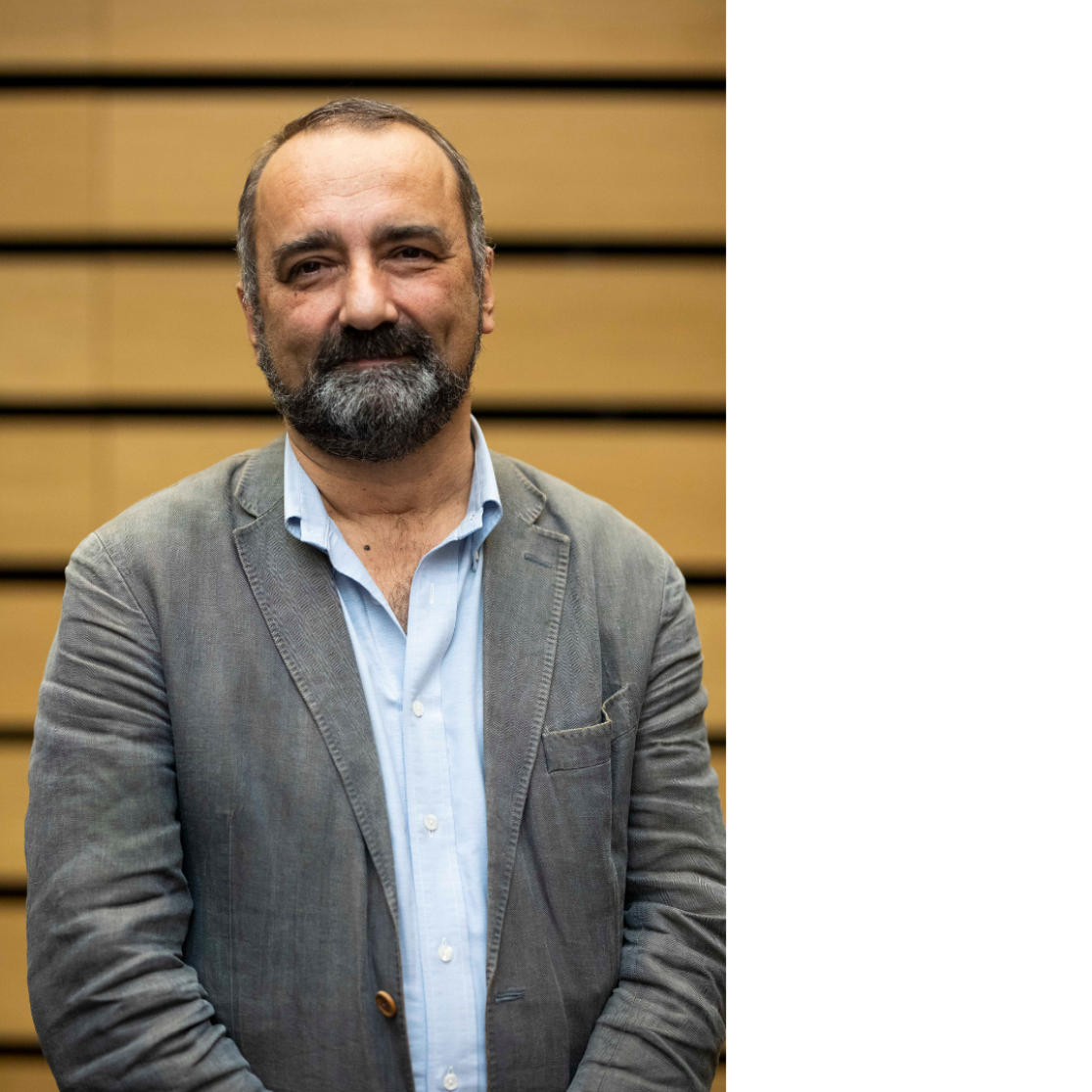Jean Monnet Lecture by EmergEU
On 13 May, our speaker is Hakan Altinay, professor of the practice at Tufts University in Boston and Director of the European School of Politics in Istanbul, with a guest lecture about "Countering Societal and Political Breakdown: The Role of Conversations and Camaraderie".
This is a guest lecture organised by the Jean Monnet Centre for Excellence on Crises and Emergencies in EU Integration (EmergEU). EmergEU is embedded within the existing interdisciplinary Centre for European Research in Maastricht (CERiM).
In the upcoming three years (2024-2027), EmergEU will explore crises and emergencies in EU integration from an interdisciplinary perspective. The Centre seeks to illuminate the evolving discourse surrounding the multifaceted challenges related to the responses to crises and emergencies that have threatened the EU’s foundations. Recent examples include issues related to the rule of law, the COVID-19 pandemic, energy security, environmental crises, and the ongoing military conflict in Ukraine. Addressing such challenges demands responses that may reshape the EU’s institutional structures and policymaking processes.
In its first year (2024-2025), the Centre will address the conceptualisation of crises and emergencies in the EU context from a multidisciplinary (law and political science) and multilevel (supranational and national) perspective.
These lectures will take place physically and online.
We cordially invite you to the upcoming lecture on 13 May with Hakan Altinay, professor of the practice at Tufts University in Boston and Director of the European School of Politics in Istanbul
Lecture Title: Countering Societal and Political Breakdown: The Role of Conversations and Camaraderie

Abstract: A sense of malaise and anomie is in the air. Trump as the symbol and the cause of this zeitgeist is too bright a light, and hence it makes critical issues and nuance difficult to spot. There is good news which is hard to notice, and there have been harbingers of our current problems. Both overlooked good news and underregistered early signs of trouble require us to revisit and reassess our diagnostics tools and dominant models. I will argue that we have overlooked the vital role of camaraderie and trust; we were too eager to embrace technocratic models, and along the way pasteurized our language and outlook. We need to rehabilitate curiosity, generous listening, and wholesome conversations as vital practices. There have been, in the past, bright spots such as Kennedy's 1963 Speech at the American University, or the positions adopted by Serbian Prime Minister Zoran Dindic and Turkish journalist Hrant Dink. A good conversation may well be humanity's most vital innovation and capability, and fortunately it is a capability accessible to every one of us.
Biography
Hakan Altinay is a professor of the practice at Tufts University in Boston and the Director of the European School of Politics in Istanbul. He is currently based at the University of Oxford, and has previously served as a senior fellow at Brookings Institution, and a world fellow at Yale University. He has taught at Boğaziçi, Koç and Sabancı Universities in Istanbul. Amnesty International classified him as a prisoner of conscience, and he spent 18 months in prison after a Turkish court accused him of planning to overthrow the government. His book, Global Civics: Responsibilities and Rights In An Interdependent World, was published by Brookings Institution Press, and subsequently translated and published in Arabic, Chinese, Russian and Spanish. His 2023 book, Medeni (Civic), was published by Iletişim Press. His writing has appeared in The Economist, the Financial Times, the New York Times, and ProjectSyndicate.
Also read
-
Conversations on Alternative Legal Education: Law and Cinema
The Conversations aim to create a space for an agile and open discussion among legal educators interested in the use of alternative instruments of teaching. Speakers will share their experiences by discussing methodological choices, challenges, and lessons learned. All attendees are invited to...
16 Sep -
Law & Popular Culture Lecture series
Underlining the value that non-conventional approaches to law offer to a better understanding of social sciences, this Lecture Series aims at sparking continuous debate and dialogue.
31 Oct31 Dec -
Master’s Open Day
We hope to welcome you on campus at our next Master's Open Day and give you a good impression of what studying at Maastricht University is all about.
15 Nov